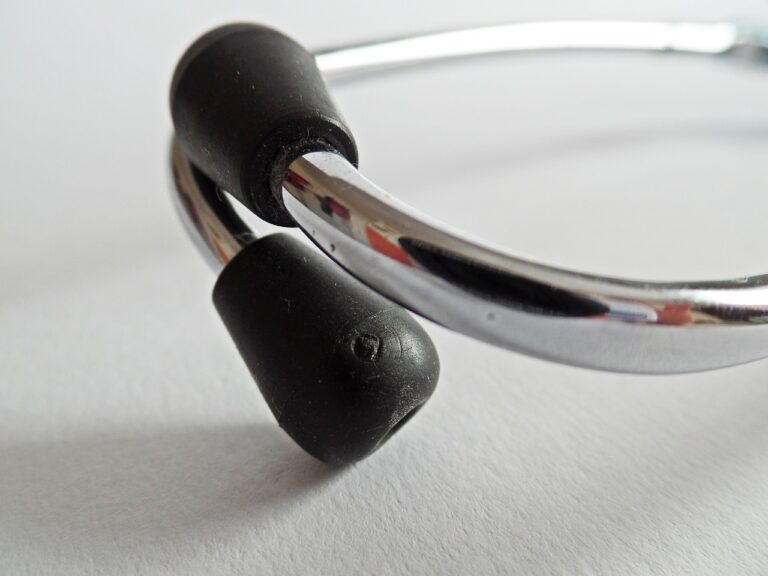The Role of Nutrition in Bariatric Surgery Success: All pannel.com, Laser247.com, Betbook247
all pannel.com, laser247.com, betbook247: Bariatric surgery is a life-changing procedure for individuals struggling with obesity. While the surgery itself plays a significant role in weight loss, the role of nutrition cannot be understated in ensuring the success of bariatric surgery. In this blog post, we will explore the importance of nutrition in bariatric surgery success and provide tips for maintaining a healthy diet post-surgery.
1. Pre-operative Nutrition Assessment
Before undergoing bariatric surgery, patients are required to undergo a thorough nutrition assessment. This assessment helps healthcare providers identify any nutritional deficiencies and develop a personalized nutrition plan for the patient. It is essential to follow this plan to optimize the outcomes of the surgery.
2. Post-operative Dietary Guidelines
After bariatric surgery, patients are recommended to follow a strict dietary plan to aid in weight loss and prevent complications. This plan typically includes consuming small, frequent meals, focusing on protein-rich foods, and avoiding high-calorie, low-nutrient foods. It is crucial to adhere to these guidelines to achieve successful weight loss.
3. Macronutrient Balance
Protein is a critical macronutrient for bariatric surgery patients as it helps in maintaining muscle mass, promoting satiety, and aiding in wound healing. Patients should aim to consume lean protein sources such as poultry, fish, tofu, and legumes. Carbohydrates and fats should be consumed in moderation to prevent weight regain.
4. Micronutrient Supplementation
Bariatric surgery patients are at risk of developing nutritional deficiencies due to reduced food intake and malabsorption. Healthcare providers often recommend vitamin and mineral supplements to prevent deficiencies. Common supplements include calcium, iron, vitamin B12, and vitamin D. Regular monitoring of nutrient levels is essential to prevent complications.
5. Hydration
Proper hydration is essential for bariatric surgery patients to prevent dehydration and kidney stones. Patients should aim to consume at least 64 ounces of fluid per day, preferably low-calorie, non-carbonated, and caffeine-free beverages. It is advisable to avoid high-calorie beverages such as sodas and sugary juices.
6. Importance of Behavioral Changes
Successful weight loss after bariatric surgery requires a significant lifestyle change, including dietary modifications and regular physical activity. Patients should work with a dietitian and psychologist to address emotional eating, adopt healthy coping mechanisms, and develop long-term sustainable habits.
FAQs:
Q: Can I eat normal foods after bariatric surgery?
A: While you may be able to introduce some normal foods into your diet over time, it is essential to focus on nutrient-dense, high-protein foods to support weight loss and prevent complications.
Q: How long do I need to take supplements after bariatric surgery?
A: Bariatric surgery patients may need to take vitamin and mineral supplements for the rest of their lives to prevent nutritional deficiencies. Regular monitoring of nutrient levels is crucial.
Q: Is exercise necessary for weight loss after bariatric surgery?
A: Regular physical activity is essential for successful weight loss and weight maintenance after bariatric surgery. It helps in burning calories, preserving muscle mass, and improving overall health.
In conclusion, nutrition plays a crucial role in the success of bariatric surgery. By following a healthy, well-balanced diet, staying hydrated, and making lifestyle changes, patients can achieve their weight loss goals and improve their overall health and well-being. Working closely with healthcare providers, dietitians, and psychologists can help patients navigate the challenges of post-surgery life and maintain long-term success.







